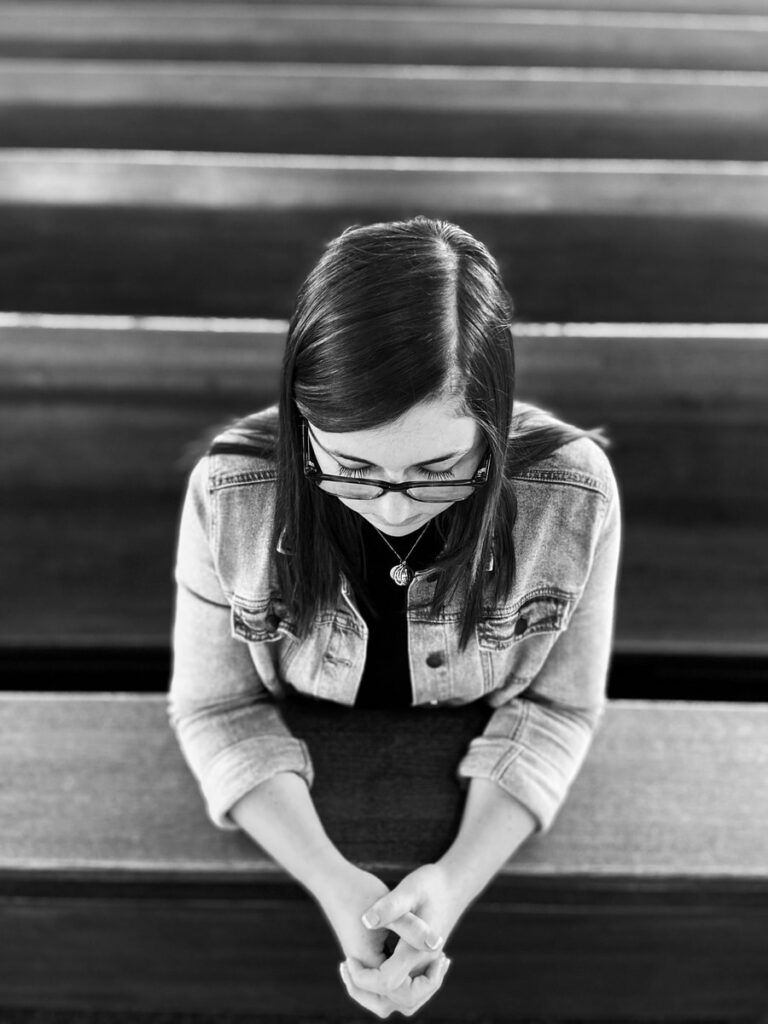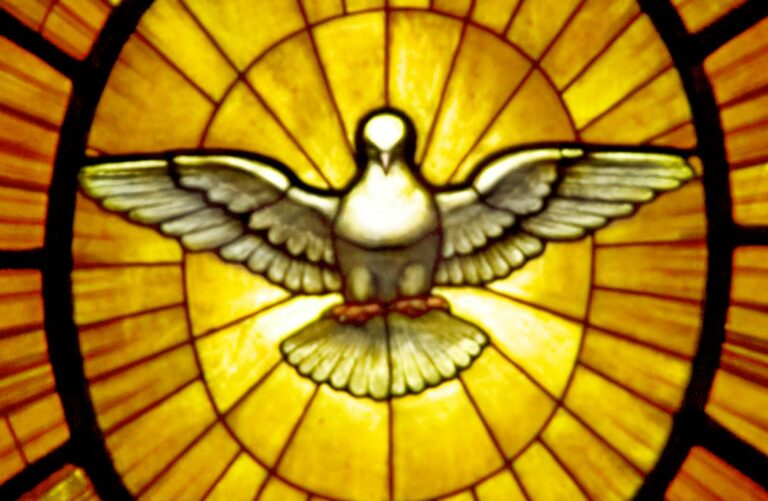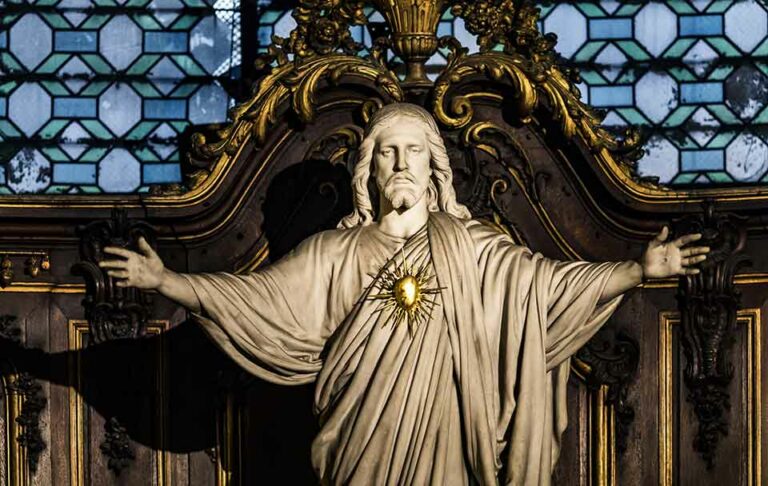The Resurrection: Integrating Our Wounds Into God’s Glory Through Spiritual Direction
“Life in man is the glory of God.” These words from St. Irenaeus remind us that God has given us a share in his glory, a life that is destined for eternity.
While God has destined us for eternal life with Him, our lived experience on this earth often involves experiences of brokenness, hurt, and suffering.
How can our woundedness and God’s glory, two things that seem diametrically opposed, be integrated and how can spiritual direction aid this process?
Fr. Robert Presutti, LC, of the Spiritual Direction Certificate Program at Divine Mercy University, recently spoke on this question during a recent webinar titled, “Integrating our Wounds into God’s Glory through Spiritual Direction.”
The Mystery of the Resurrection
Fr. Presutti began by explaining the mystery of the Resurrection and its meaning as a foundation for understanding this process of integration.
Christ’s empty tomb is not a distant memory of the past, but a present event, one that is still happening. The disciples experienced the joy of the risen Lord, and yet they also experienced doubt. Throughout the forty days the Lord appeared to them, sharing life with them and giving them the space to recognize Him more deeply.
The Scriptures also reveal that the degree to which the disciples are close to the cross of Christ is the degree to which they experience the Resurrection. Additionally, the Risen Lord gives each of the disciples he encounters what they need for their particular journeys. He appears to them and then goes away, deepening their life of faith. Faith in the Resurrection also aggregates, creating the Church – the communion of believers. In completing the Paschal Mystery in the Ascension and Pentecost, he brings all of his disciples into the age of the Church.
“Look at my hands and feet…” – Luke 24:39
And yet, while Christ is Risen indeed, He still bears the wounds of His crucifixion. These wounds are part of Christ’s eternal identity. They are the result of a contingent circumstance, and yet part of an eternal plan. The paradox of the cross reminds us that this sign of failure is also the sign of ultimate victory. The wounds of Christ are the result of others’ mistakes and sins, and yet they are the unmistakable signs of God’s love.
Spiritual Lessons
These truths from the Scriptures apply to our present life in that in the mystery of the Cross, God comes close to us. The Risen Lord gives us what we need on our own particular journeys and He appears to us in the life of the Church, through the Sacraments and in the people of God. Christ is completely present to us while being in the Father.
Our present moment as we are here and now is the best place and in fact the only place to encounter Christ. The present includes all of our history, all of our person, and all of our experiences, including our woundedness.
All of this ensures the most hoped for, longed for, desired gift: the gift of the Lord Himself, the Father through the Son in the Holy Spirit.
Our whole being is brought into communion with the Trinity and each one of us is given the gift of fellowship with the Trinity.
What does this mean for one’s spiritual life? It means that we need nothing because we have everything. God gives Himself completely to us. He has each of us in His hand if we leave ourselves there.
Concretely, we can create space for God by letting the mystery of God take over our lives, growing in our true identity rather than creating our own. Our life becomes prayer, living in the mystery of Christ.
“Lord if you wish, you can make me clean.”
When we allow our wounds to come into the space with God, we acknowledge them but they do not define us. God is not limited by our woundedness. Though they may cause difficulty in our experience, they are not a stumbling block to God.
Spiritual direction helps us in the process of integrating our wounds into God’s glory by allowing us to keep the focus on God’s grace and what it is prompting. It allows us to keep attentive to the voice of God amid the myriad of other voices.
A spiritual director can encourage our prayer life and help us to see our wounds as a place where the Lord can meet us, thereby becoming a source of grace and even a gift to us.
If you are interested in becoming a spiritual director, learn more about the The Spiritual Direction Certification Program at Divine Mercy University.






